The Best Programming Languages for Data Science and Machine Learning in 2018
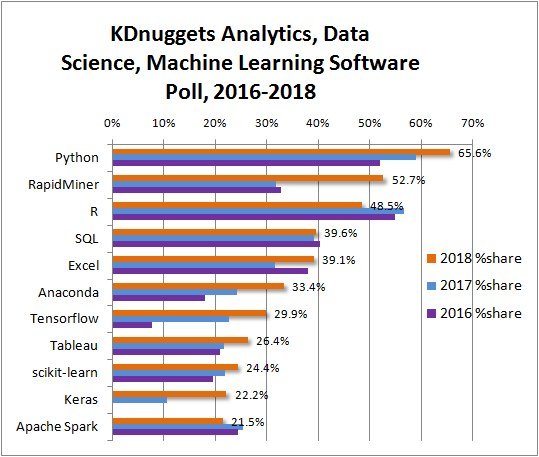
Data science is a very vast field and for this, a suitable programming language is a requirement. To learn this field of data science and machine learning one must know the best programming languages. In this article, we are going to discuss some of the best programming languages, the data science, and machine learning is looking for. The developers look for a few traits while deciding which programming language is suitable for their career, like the popularity, high salary, ease and the demand in the future.
The top picks for the best programming language are:
- Java: Java is known to be the best choice for someone thinking of starting as a developer. This is because Java is quite simple and readable programming language. If someone needs to build large systems then probably java is the best choice. Java is emerging as the programming language of choice all around the world for developers. Some important points of interest are-
• Java is a functional programming language that is used for extensive coding.
• Its strength is accuracy and precision.
• Best suitable for the development of applications.
• The only weakness which it has is an inefficient architecture code.
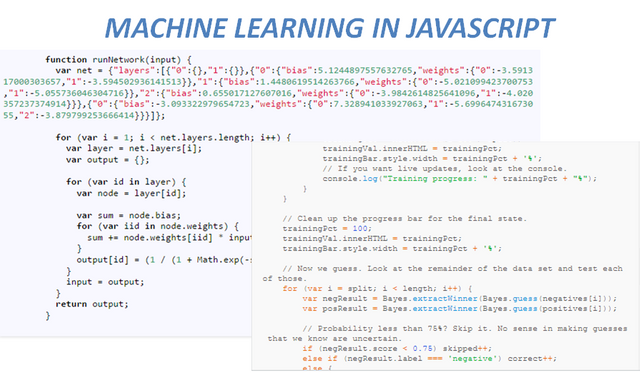
- Python: Python is prioritized more over java by the machine learning scientists who work on sentiment analysis.
Apart from its use in web development python shows its importance in data mining, scientific computing, and others. Python is broad and flexible so most of the developers prefer to use python as a programming language. The modern-day applications like Instagram and Pinterest are built using python. In the US at academic levels, it is becoming popular and been taught as a programming language. Some important points are:
• Python is a general-purpose language which helps in bringing the production system into operations.
• It is best suited for the development of applications.
• Strength is the accuracy and precision.
• Weakness includes inefficient architecture code.
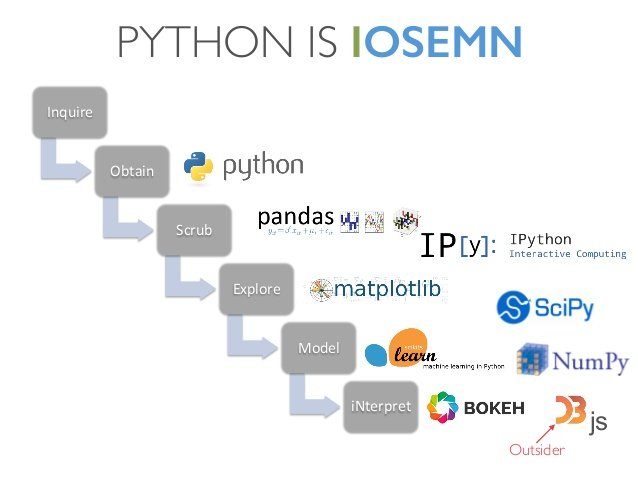
- R language: R is a statistical computing and graphics based programming language. One can explore model and prototype with R. It is used mostly to unlock the patterns in large blocks of data and it makes the work of scientists easier. Google, Facebook, the bank of America and New York Times all use R and its commercial utility is spreading. Important points to be kept in mind –
• Purpose built language for statistical computing.
• It is best suited for comprehension and exploration of statistical data.
• Strength is numerous machine language algorithms by default.
• Weakness is lesser perfect packaging.
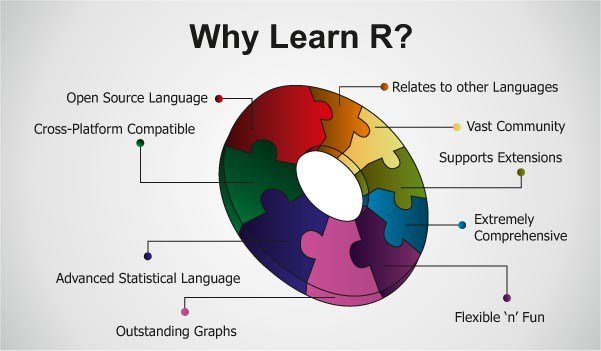
- MATLAB
MATLAB is a numerical computing language developed and licensed by maths work which is established in 1984. As per 2017 calculations, MATLAB has 1 million users who came from various backgrounds of engineering, economics, and science.
• Basically, it is designed for numerical computing. It is written in c, c++ and Java.
• This language also has plotting capabilities.
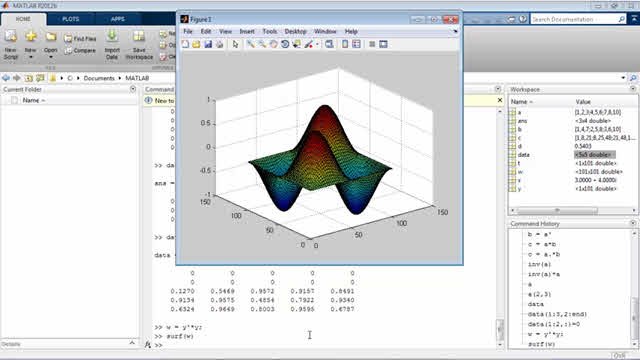
- Scala: The full form of Scala is scalable language and is organized to run on the JVM which means java virtual machine. According to a 2015 data science salary survey, the use of Scala programming language for data science has been increased by 10% by 2016. Scala is a rival of Java and python in the data Science’s world.
• Scala is a general-purpose language hence it best choice for those working with high volume data sets.
• Scala supports both OOP and functional programming.
• Scala can be used to write web apps. It can compile to web script.
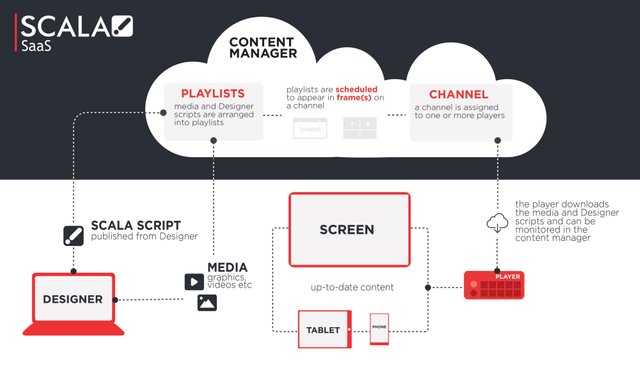
- C language: C language is the oldest language amongst other programming languages. C language is considered as the mother of all languages and it is surely a great programming language to build predictive algorithms. Many more languages are inherited from C like C++, Java, JavaScript, and C #, PHP, Perl in some way or other.

- SQL
SQL stands for structured query language. SQL is one of the favorite among all the data science dwellers.
• It is used to deal large databases.
• It came into existence in 1974.
• The scope of SQL includes data query, data manipulation, and data access control and data definition.
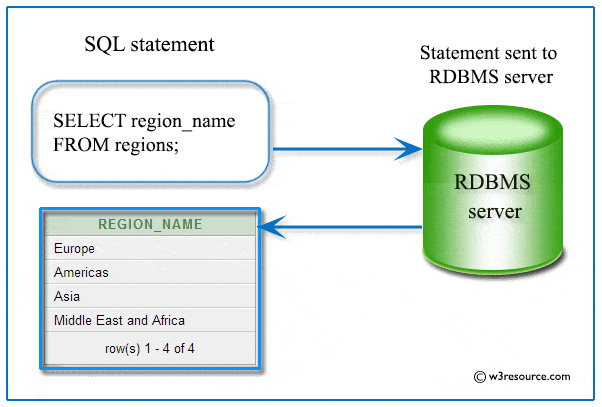
“The future is ours to shape. I feel we are in a race that we need to win. It’s a race between the growing power of the technology and the growing wisdom we need to manage it.” ~Max Tegmark
Congratulations @davidyakobovitch! You have completed the following achievement on Steemit and have been rewarded with new badge(s) :
Click on the badge to view your Board of Honor.
If you no longer want to receive notifications, reply to this comment with the word
STOPTo support your work, I also upvoted your post!
Thanks for the support!